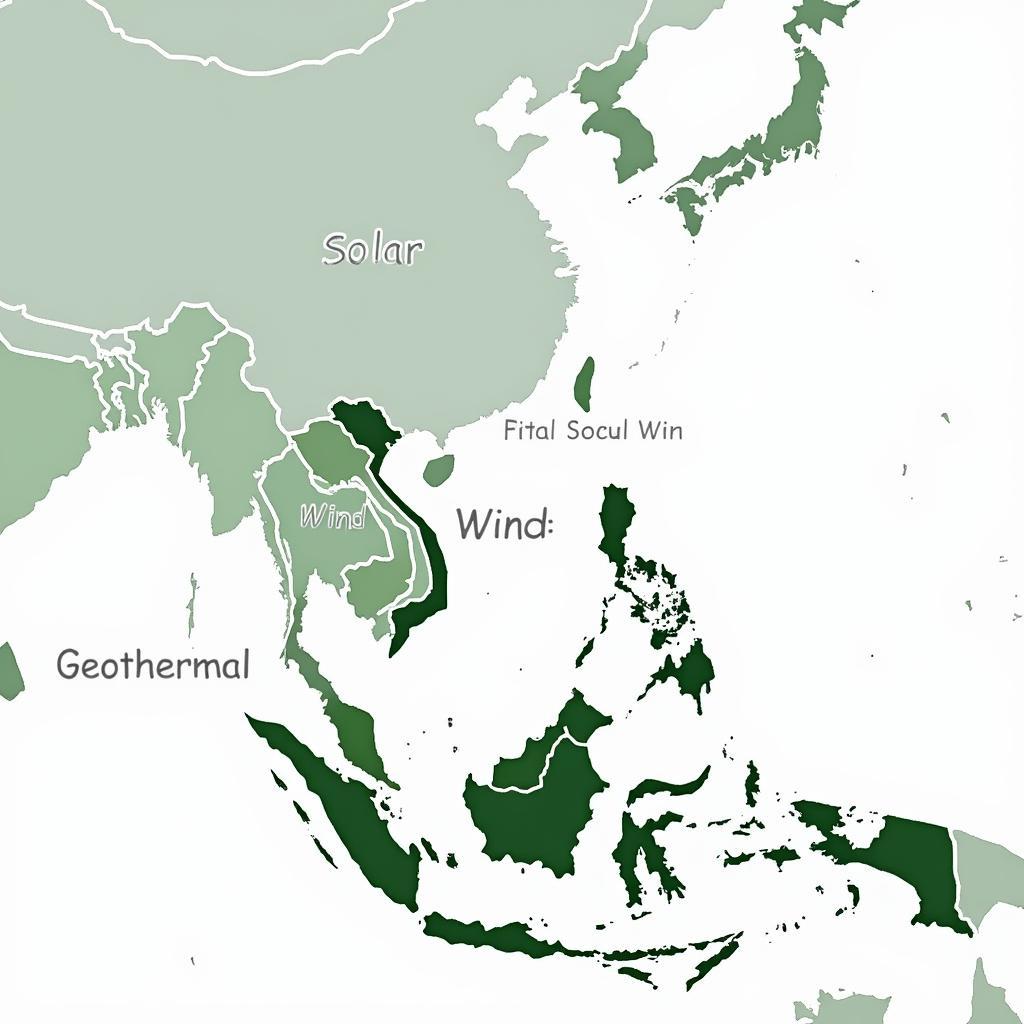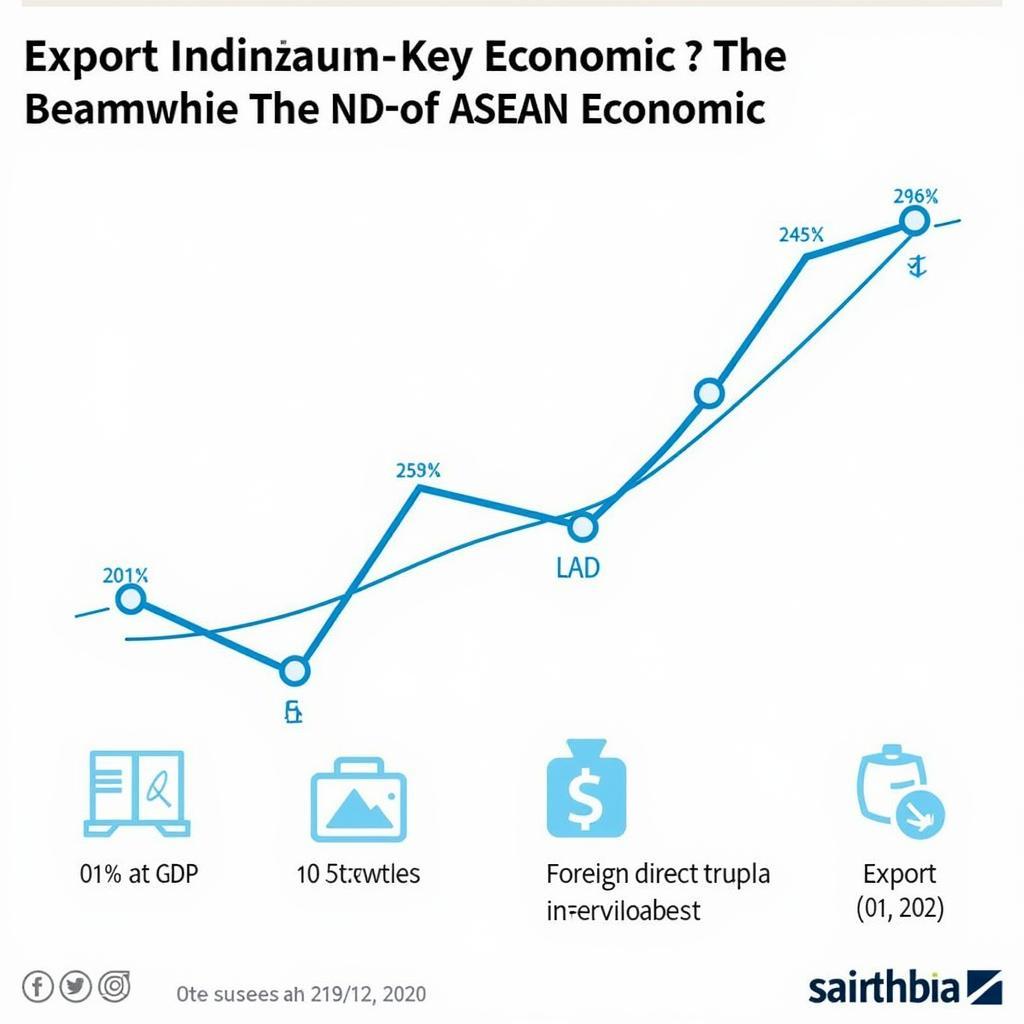Bioprosthetic valve replacement is a common procedure in Southeast Asia, addressing various valvular heart diseases. As medical advancements continue, understanding the guidelines for these valves, especially within the ASEAN region, is crucial for both patients and healthcare providers.
Understanding Bioprosthetic Valves
Bioprosthetic valves, also known as tissue valves, offer a less invasive alternative to mechanical valves. They are typically crafted from animal tissue, often porcine (pig) or bovine (cow), and are designed to mimic the function of a natural heart valve. These valves are particularly relevant in the ASEAN context due to factors such as prevalence of rheumatic heart disease and diverse patient demographics.
ASEAN Guidelines: A Collaborative Approach
While international guidelines provide a foundation, the diverse healthcare landscape within ASEAN necessitates region-specific recommendations. Factors influencing these guidelines include:
- Prevalence of Rheumatic Heart Disease: ASEAN countries face a higher burden of rheumatic heart disease, directly impacting valve replacement choices.
- Access to Healthcare: Variations in healthcare infrastructure and resources across ASEAN nations influence the availability and choice of bioprosthetic valves.
- Patient Profiles: Considerations for younger patients, those with contraindications to anticoagulation, and diverse cultural beliefs all play a role.
Key Considerations for Bioprosthetic Valve Selection
Choosing the right bioprosthetic valve involves a careful evaluation of various factors:
- Patient Age and Life Expectancy: Younger patients might benefit from durable valves, even considering potential re-interventions.
- Anticoagulation Status: Bioprosthetic valves are often preferred for patients unable to take anticoagulants.
- Valve Size and Anatomy: Matching the valve size to the patient’s anatomy is crucial for optimal function.
Post-Procedure Care and Follow-up
Following bioprosthetic valve replacement, adherence to a tailored care plan is essential. This typically includes:
- Regular Monitoring: Consistent follow-up appointments with cardiologists are crucial to monitor valve function and overall health.
- Lifestyle Modifications: Healthy lifestyle choices, such as a balanced diet and regular exercise, contribute to long-term valve health.
- Patient Education: Empowering patients with knowledge about their bioprosthetic valve, potential risks, and necessary lifestyle adjustments is paramount.
Innovations and the Future of Bioprosthetic Valves in ASEAN
The field of bioprosthetic valves is constantly evolving. ASEAN countries are witnessing exciting advancements:
- Transcatheter Aortic Valve Implantation (TAVI): This minimally invasive procedure is gaining traction in ASEAN, offering an alternative for high-risk patients.
- New Generation Valves: Technological advancements are leading to more durable and efficient bioprosthetic valves, improving patient outcomes.
Conclusion
Navigating the landscape of bioprosthetic valve guidelines in ASEAN requires a collaborative approach, combining international best practices with regional considerations. By prioritizing patient needs, embracing innovation, and fostering continued medical education, ASEAN can strive towards improved cardiac care and outcomes for its citizens.
FAQ
1. What is the average lifespan of a bioprosthetic valve?
The lifespan varies but typically ranges from 10 to 20 years.
2. Are bioprosthetic valves suitable for all patients?
While suitable for many, a thorough evaluation by a cardiologist is essential to determine candidacy.
3. What are the signs of bioprosthetic valve dysfunction?
Symptoms like shortness of breath, fatigue, and swelling in the legs can indicate potential issues.
4. Are there specific dietary restrictions after bioprosthetic valve replacement?
Maintaining a heart-healthy diet low in sodium and saturated fat is generally recommended.
5. Can I travel after bioprosthetic valve replacement?
Traveling is usually possible but consulting with your doctor about precautions is advised.
Need Support?
Contact us at:
Phone Number: 0369020373
Email: [email protected]
Address: Thon Ngoc Lien, Hiep Hoa, Bac Giang, Vietnam
Our dedicated customer support team is available 24/7 to assist you.

